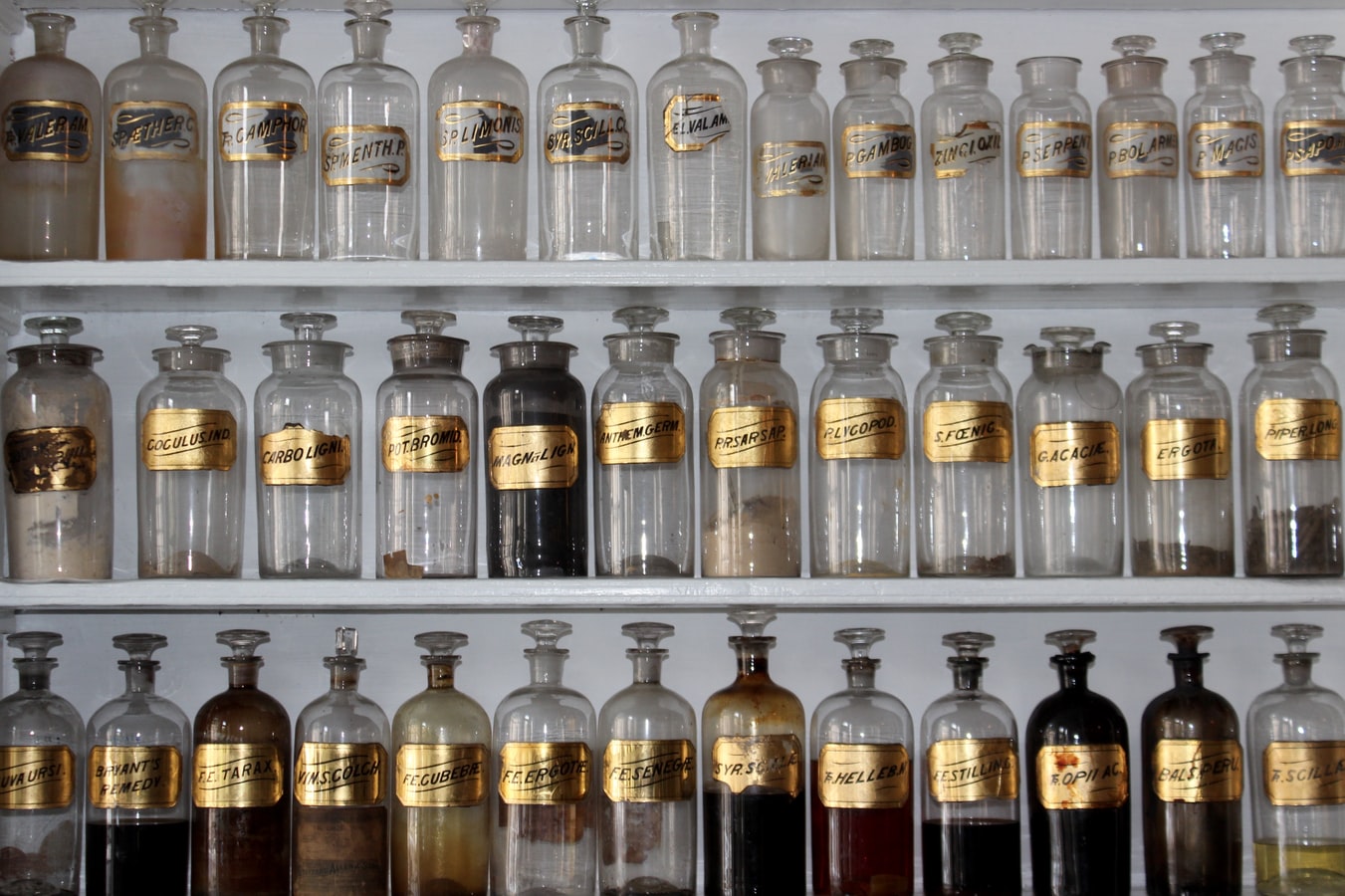Science and superstition at the time of the coronavirus

The Notepad of Michael the Great
According to an Ipsos survey last month , only a quarter of Italians are willing to get vaccinated immediately. Most prefer to wait. What is still not clear. The truth is that, without considering the irreducible no-vaxes, suspicions, doubts, skepticism are widespread among our fellow citizens. Remember the anti Covid-19 pendant advertised in a hearing in the House by a police unionist? Rightly aroused general hilarity. Without forgetting, however, that in the past few weeks amulets of all kinds have been snapped up in the Neapolitan alleys, from the “cornovirus” to the holy cards with the image of Maradona taking the body of San Gennaro.
Moreover, if it is true that all Italians share a common heritage of superstitions, from that on the horseshoe to the ghosts, there is one unmistakably exported throughout the peninsula from Naples. This is the jetting. According to the eminent anthropologist Alfonso M. Di Nola, by jetting we must mean the harmful influence exerted by men – but also by objects and animals – on other men, intentionally or involuntarily. Its discredit is linked to an alleged special power of the eye, capable of unleashing a destructive influence, that is to say that "throwing evil" from which the term derives.
The historical roots of the phenomenon are remote, but it reached its peak precisely in the medieval plagues. On the other hand, the medicine of the time strictly depended on drugs of a plant nature: rue, rosemary, onion, vinegar, absinthe and opiates. Chemical physicians, despised by those of philosophical training, also recommended talismans containing arsenic, tin and mercury, because the poison was to bring out the poisonous disease based on the principle that "similia attrhunt" (like attract).
In addition, extravagant substances – such as horse hoof filings, coral, crab eyes and claws, scorpion oil – were used by the poorest for a poultice to be applied directly on the bubo. The wealthiest, however, used fumigants based on rare and expensive compounds of sulfur, saltpetre, amber, hops, pepper and incense.
Moral: at the time of the coronavirus, modernity and the Middle Ages, science and irrational beliefs coexist. There are those who revive old miasmatic theories and those who call us to repentance and conversion by holding the book of Revelation . Nobody renounces his say, not even an oracular philosopher like Giorgio Agamben who, on the basis of the Schmittian category of "state of exception", interprets elementary prophylaxis measures and attempts to counter the spread of the infection as "serious limitations of freedom".
Perhaps Alex Broadbent, author of a “Philosophy of epidemiology” (2013), is not entirely wrong in complaining about the absence of notions of epidemiology in schools for the formation of a mature civic awareness.
This is a machine translation from Italian language of a post published on Start Magazine at the URL https://www.startmag.it/mondo/scienza-e-superstizione-allepoca-del-coronavirus/ on Sat, 12 Dec 2020 06:35:17 +0000.
